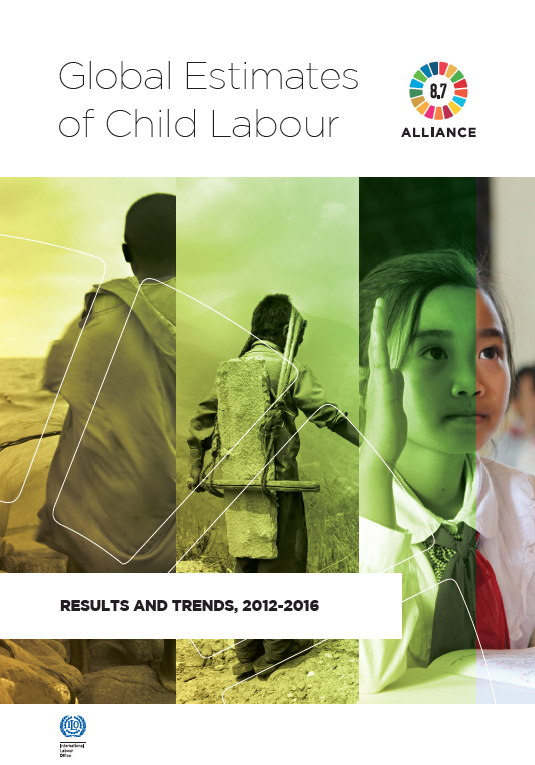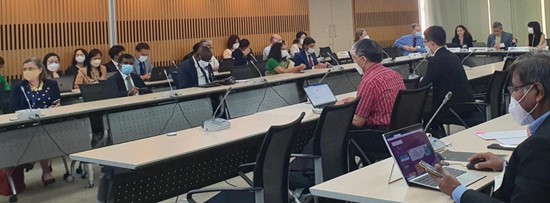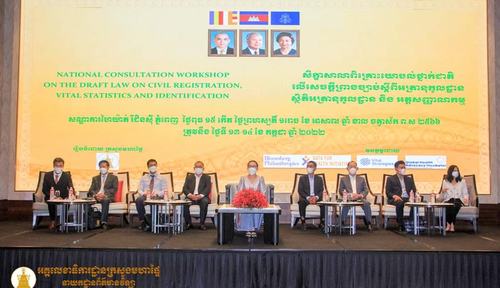On 19 September 2017 in New York, the International Labour Organization launched two seminal reports: Global Estimates for Child Labour: Results and Trends, 2012 – 2016 and Global Estimates of Modern Slavery: Forced Labour and Forced Marriage. Following the multi-year, collaborative research project conducted with Alliance 8.7 Members, the Walk Free Foundation and the International Organization for Migration, the reports reveal what the ILO deems the “true scale of modern slavery around the world”. Notably, the Child Labour report highlights the importance of birth registration, specifically as it pertains to building a policy response to child labour for the road forward.
First, the report emphasizes that, “Free and compulsory education of good quality up to the minimum age for admission to employment is a key tool in ending child labour”, but also notes that the cost to the family is one of the primary barriers preventing educational access for children. In response, the report stresses the need for investment in child education and singles out the link between cash transfers, non-means-tested benefits, and birth registration as a viable method for offsetting “the indirect cost of children’s time in school”.
Second, the report acknowledges poverty, risks, and shocks to the family as the primary drivers behind child labour and says that “social security is critical to mitigating these vulnerabilities”. After emphasizing public employment programmes, health protections, unemployment protections, and basic income security as the basis for a well-designed social security system, the report ultimately concludes that “Birth registration, itself a key human right, is an essential starting point for ensuring coverage in all of these areas”.

More News
(Newsletter: CRVS Insight September 2022) Dr. Claire Dennis S. Mapa, Undersecretary and National…
(Newsletter: CRVS Insight September 2022) The eighth session of the Committee on Statistics of the…
(Newsletter: CRVS Insight August 2022) ESCAP will organize the session from 23 to 25 August 2022…
(Newsletter: CRVS Insight July 2022) This hybrid meeting organized by the United Nations…
(Newsletter: CRVS Insight September 2022) A multi-stakeholder group of participants from Lao…
(Newsletter: CRVS Insight August 2022) Verbal autopsy (VA) through face-to-face interviews with…
(Newsletter: CRVS Insight August 2022) Cambodia’s Ministry of Interior held a National…
(Newsletter: CRVS Insight August 2022) OpenCRVS launched version 1.0 on 29th June with panel…
(Newsletter: CRVS Insight July 2022) OpenCRVS will be launching version 1.0 of the open-source…
(Newsletter: CRVS Insight July 2022) This week, experts from across the globe met in Copenhagen to…











